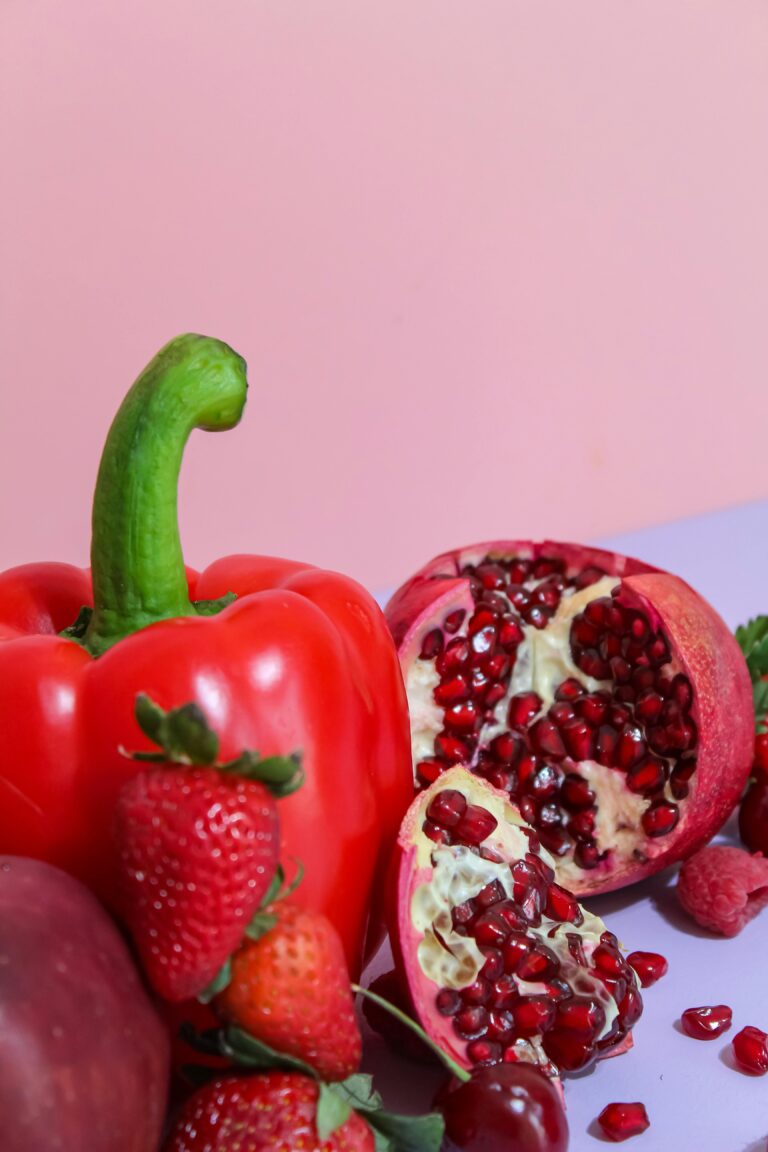The Power of Antioxidants: Protecting Your Health from Free Radical Damage

source of antioxidants
Understanding Free Radicals and Oxidative Stress
Before diving into antioxidants, it’s important to understand free radicals, these are harmful molecules that form naturally in our bodies and come from things like pollution, cigarette smoke, junk food and sunlight. Because of their unequal electron count, these compounds are extremely reactive and have the potential to harm DNA, proteins, and cells over time.
As we age, our body's defenses against free radicals deteriorate with age, resulting in oxidative stress, a major cause of aging and chronic illnesses. Oxidative stress can damage cell membranes, interfere with biological processes, and even cause inflammation, which is a key contributing factor to heart disease, cancer, and neurological diseases like Parkinson's and Alzheimer's, according to the Harvard School of Public Health.
How Antioxidants Help
Antioxidants act as scavengers, neutralizing harmful free radicals by donating an electron without becoming unstable themselves. Some antioxidants, like glutathione and alpha-lipoic acid, are produced by our bodies naturally, but we also need to get other antioxidants from our diet. Vitamin C (found in citrus fruits and bell peppers), vitamin E (found in almonds and spinach), beta-carotene (found in carrots and sweet potatoes), lycopene (found in tomatoes), resveratrol (found in red wine and grapes), and curcumin (found in turmeric) are important antioxidant-rich nutrients. By shielding cells from oxidative damage, these antioxidants lessen inflammation and the chance of developing chronic illnesses. Consuming a range of these nutrient-dense foods can improve long-term health and strengthen your body's defenses against free radicals.
Best Food Sources of Antioxidants
To maximize your antioxidant intake, focus on whole and colourful foods. Leafy greens like spinach and kale offer lutein and vitamin E, while berries like strawberries and blueberries are rich in anthocyanins. Dark chocolate (70%+ cocoa) includes flavonoids that promote heart health, and nuts and seeds (almonds, walnuts, and chia) provide vitamin E and good lipids. Catechins and polyphenols, which are abundant in green tea and herbal teas, help fight oxidative stress. Pomegranates, beans, pecans, and artichokes are other great sources. Including these foods in your diet promotes general vitality, lowers inflammation, combats free radicals, and guards against chronic illnesses.
Lifestyle Tips to Reduce Oxidative Stress
Eat a rainbow diet to combat oxidative stress; try to consume four to five servings of colored fruits and vegetables each day. Avoid processed foods, particularly those with refined sugars and fried foods that are loaded with artificial additives. Reducing alcohol intake and quitting smoking both increase the harm caused by free radicals. Reduce exposure to toxins by reducing harsh chemicals and air pollution. Cooking oils should never be reused since doing so releases dangerous free radicals. To further shield your cells from oxidative damage and improve general health, prioritize nutritious meals, drink enough water, and learn to cope with stress.
Should You Take Antioxidant Supplements?
Foods high in antioxidants are associated with a decreased risk of disease, but supplements don't necessarily offer the same advantages. According to some research, taking too many high-dose supplements—such as vitamin E or beta-carotene pills—may even be detrimental. The most effective strategy? Consume complete meals to naturally obtain antioxidants.
In order to combat oxidative stress and preserve long-term health, antioxidants are essential. You can lower your chance of developing chronic diseases and shield your cells from harm by leading a healthy lifestyle and eating a balanced, plant-based diet.












